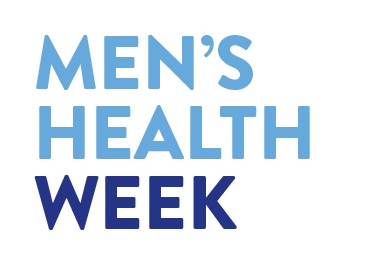The report, 'Putting Men to the Test,' showed that the Government is not testing enough young men for the disease, which is contributing to a cycle of re-infection of women. (Both the report and the summary are available to download below.)
More than 100,000 people were diagnosed with chlamydia in 2005, an increase of almost 250% over the previous 10 years. Untreated chlamydia in women can lead to severe conditions including pelvic inflammatory disease, ectopic pregnancy and infertility. At the time, it was estimated that between 5,000 and 10,000 people needed IVF treatment each year because of problems caused by chlamydia.
Even though the number of young men with chlamydia is almost the same as the number of young women, of the people tested in 2004/05 by the NHS's Chlamydia Screening Programme, just over one in ten were men. Interim figures showed this had increased slightly in the second half of 2006, but it was still true that less than 1 in 5 of those screened for chlamydia were men.
The MHF's report called for more innovative ways of reaching and testing men for chlamydia and argued that without this the chlamydia epidemic would be impossible to control as men will continue to re-infect women. People can have chlamydia without any visible symptoms. In fact, it is asymptomatic in 70% of women and 50% of men, so it often goes undiagnosed.
The report, which was drawn up following consultation with an expert group of sexual health and equality bodies, makes five key recommendations to help address the chlamydia epidemic:
- A target for screening men — The Department of Health should aim for 50% of National Chlamydia Screening Programme tests to be of men.
- Entrench best practice — The Health Protection Agency (HPA) should develop a 'men and chlamydia strategy, building on best practice, and the DH should ensure that local chlamydia screening offices follow it.
- Invest in training — The HPA should educate local screening offices about the importance of screening men.
- Making the most of pharmacies — Pharmacists should seek out opportunities to work in partnership with chlamydia screening offices. Consideration should be given to how the chlamydia testing kits made available in the Boots pilot project in London are promoted to men.
- Prioritising sexual health services — A commitment to chlamydia screening for all 15-24 year olds should be included in all Primary Care Trust Local Delivery Plans.
